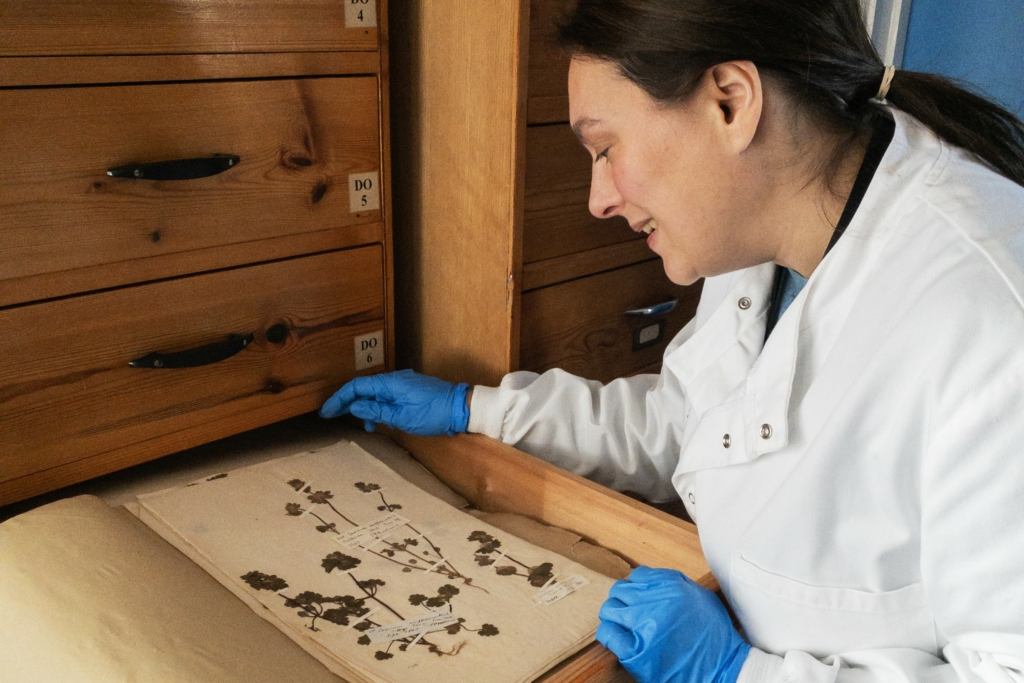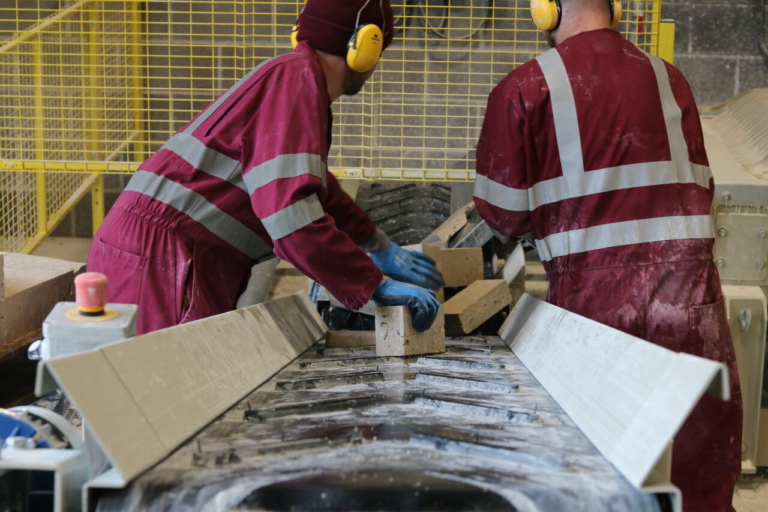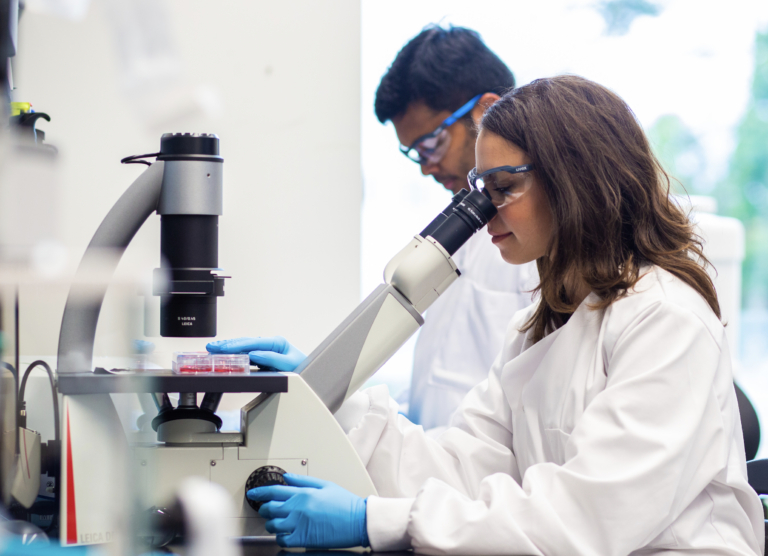RAU to compile digital ‘time capsule’ of historic plant collection with ties to Darwin

A centuries old collection of more than 10,000 dried and pressed plant specimens is soon to be digitised for the benefit of students at the Royal Agricultural University (RAU) in Gloucestershire.
With the help of funding from Gloucestershire Naturalists’ Society and the university’s own Cirencester Fund, volunteers will join students and staff in photographing, recording and cataloguing the RAU’s delicate paper-mounted records.
The majority of specimens date back to a period between the 1820s and 1920s, with some later additions between 1950 and 1970. Almost all were collected in and around Gloucestershire.
Dr Kelly Hemmings, associate professor in ecology at the RAU, is heading up the project.
Visit Hampshire Biz News for bright, upbeat and positive business news from the county
“Natural science organisations are recognising the immense value of historic herbarium collections for tackling current environmental issues”, she said.
“Our specimens give the location and date at which they were collected helping us to piece together patterns of biodiversity change over the last two centuries.
“The research possibilities are endless – branching out into climate change, habitat management, genetics, and so much more.
“But until it’s digitised, and the metadata collated, we have no way, other than manually sifting through the handwritten sheets, to know exactly what the collection holds, so this rich seam of data is effectively ‘hidden’ natural heritage.”
The collection was primarily put together by English geologist and mid-1800s professor Samuel P Woodward, as well as his successor, James Buckman.
It isn’t without its fair share of history – many of the botanical experiments conducted by Buckman at what was then the Royal Agricultural College reportedly found their way into Darwin’s On the Origin of Species.
Nor did it dodge controversy, as when Buckman resigned from the college over a falling out with the principal, the latter ordered that Buckman’s botanical garden be destroyed.
But the collection survived, and following a roughly two-year digitisation project, will offer a time capsule of the UK’s ecological past for RAU students in decades to come.
“Photographs and web pages can be revisited again and again”, added Dr Hemmings, “meaning that this unique collection will be accessible to many more people than it is in its current paper form.”
It’s planned that the project will become part of DiSSCo UK, a partnership of more than 90 institutions across the country working to digitise a combined total of 138 million-plus specimens collected from around the world.
Read more - Launch of Michelin Guide 2024 has South West venues counting their foodie stars













